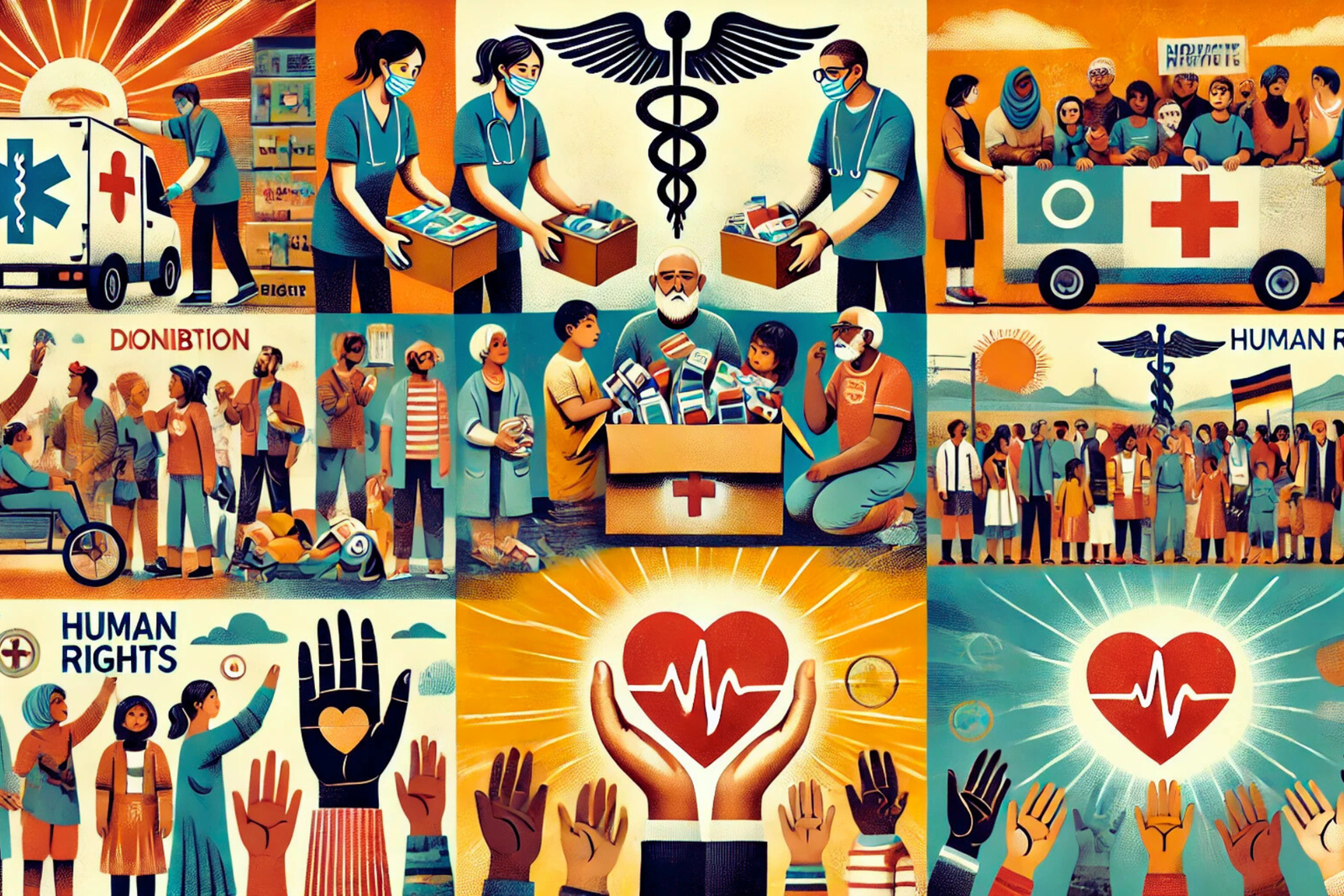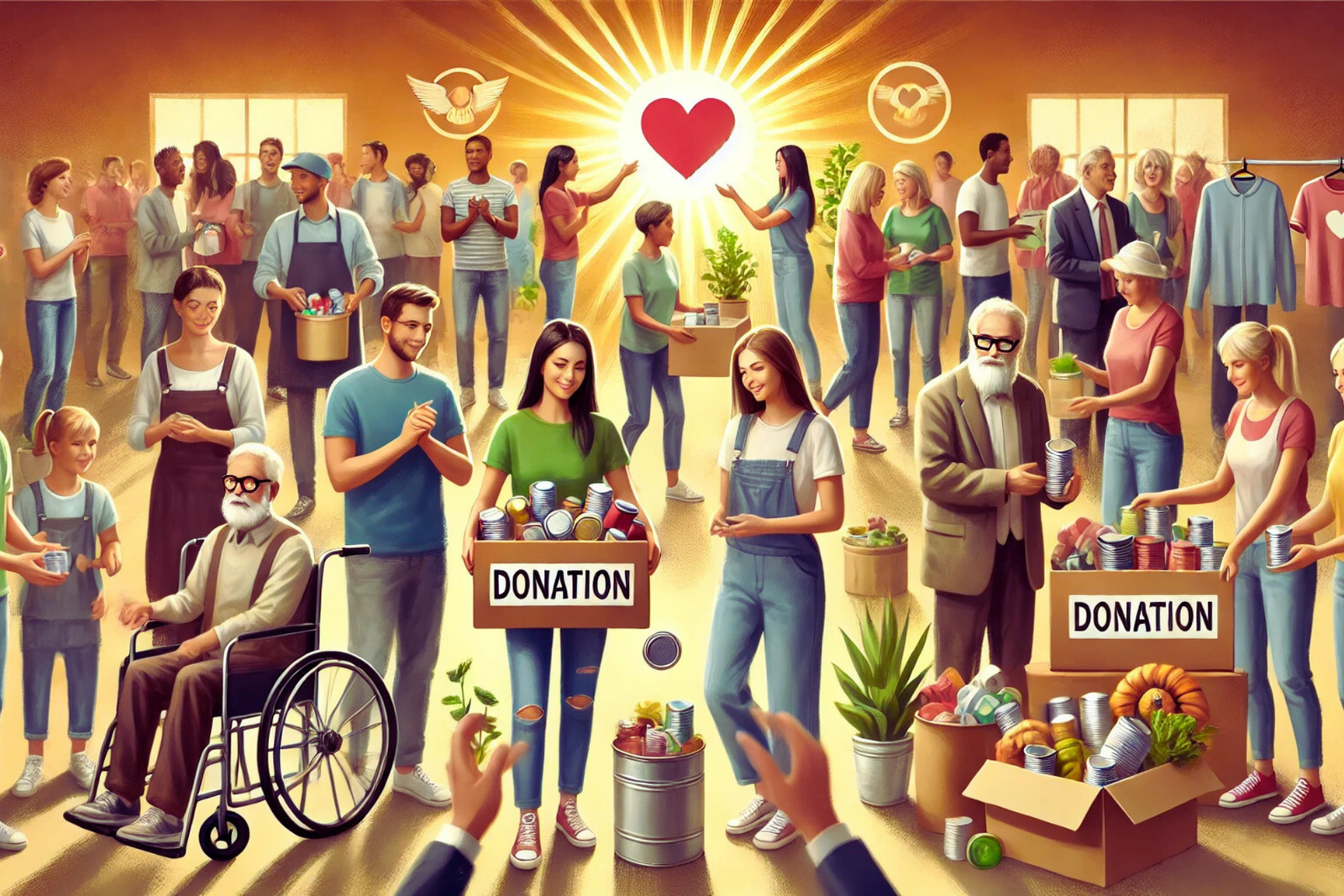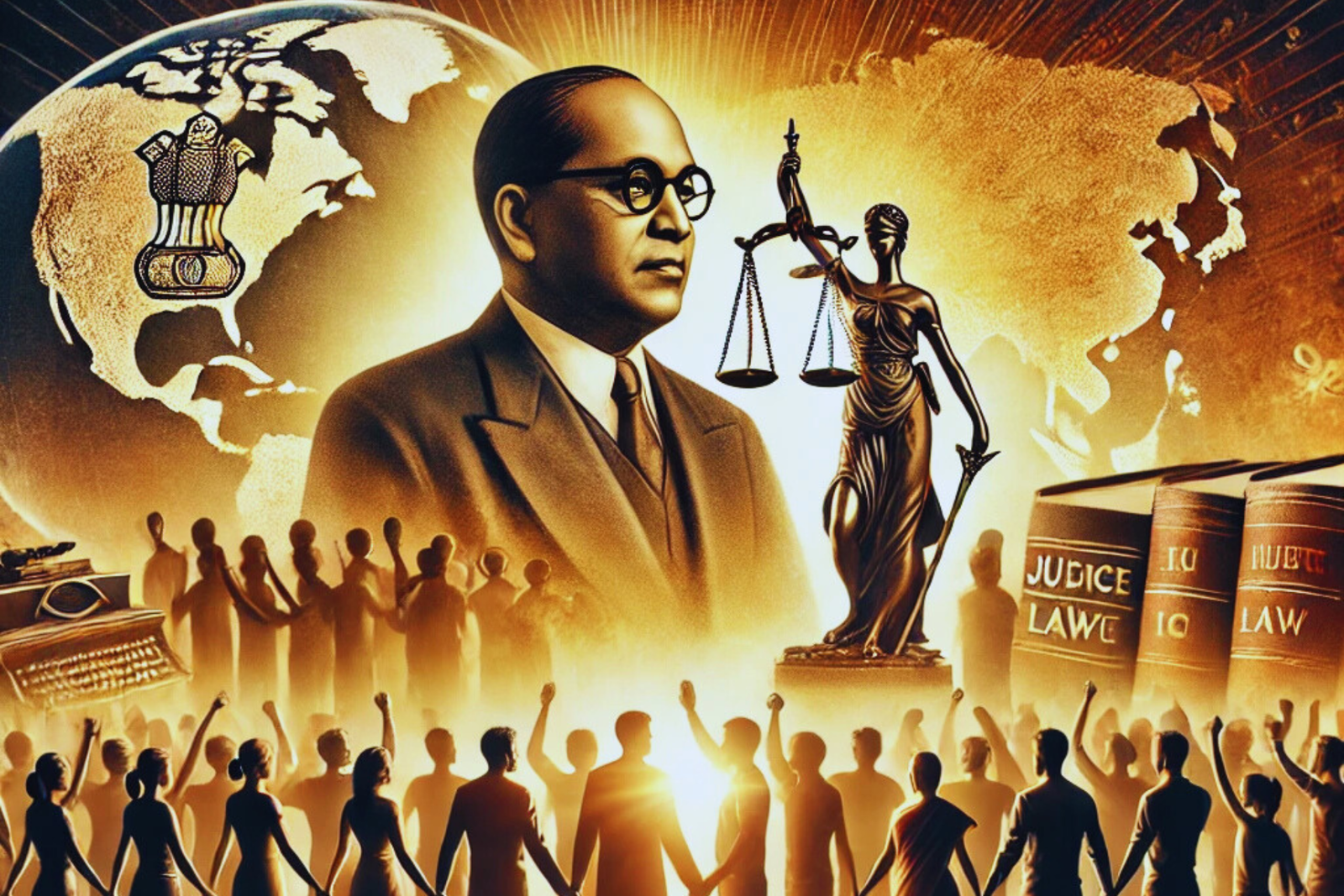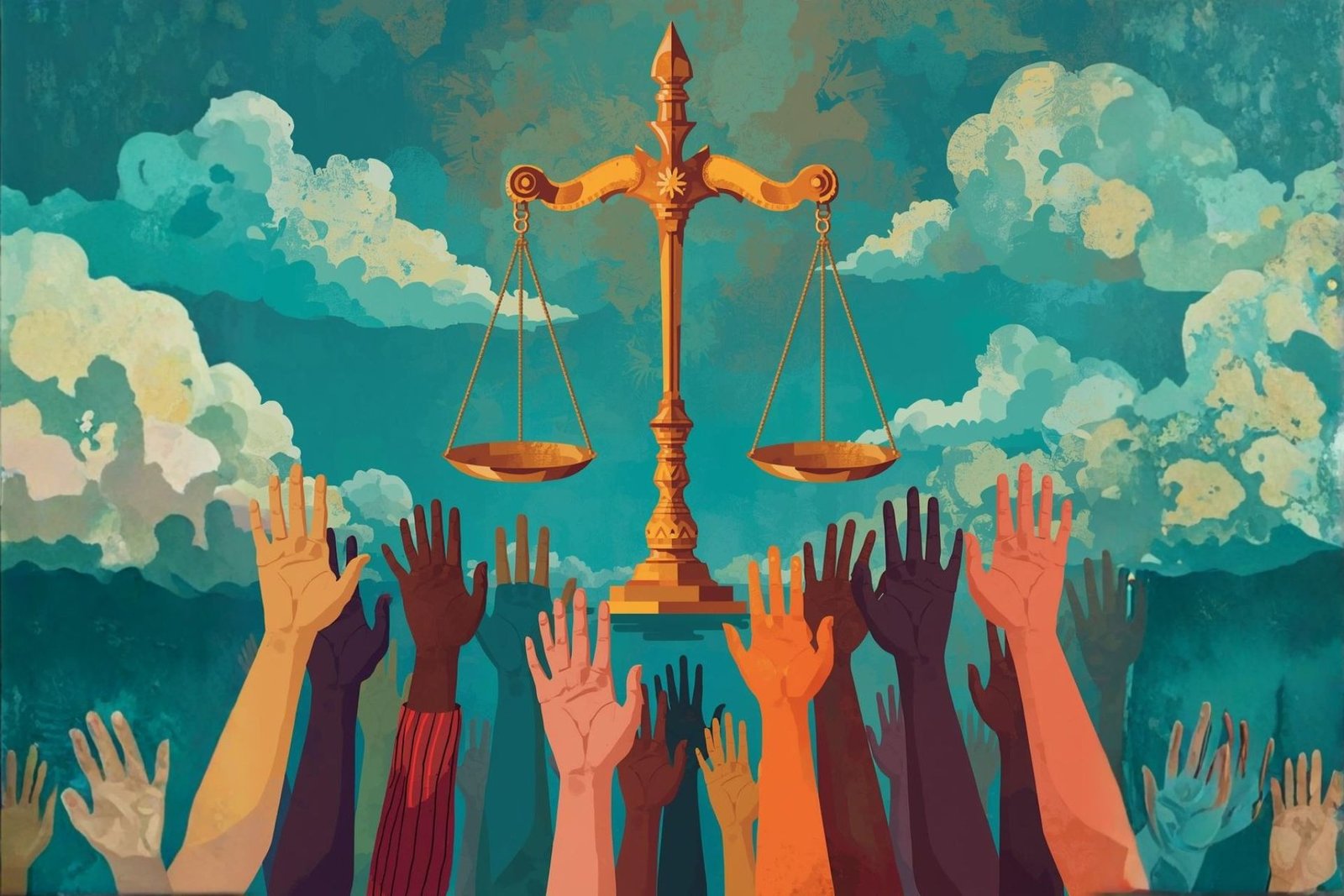
At the heart of our organization lies a diverse range of programs designed to empower communities, address urgent needs, and foster sustainable development. Our programs span multiple areas, including healthcare, education, skill development, and social justice initiatives. In healthcare, we organize medical camps and distribute essential medicines to under-resourced areas, ensuring that vital health services reach those who need them most.
1) DONATION

Donations are a powerful tool for creating positive change, allowing individuals and organizations to contribute to causes that improve lives, communities, and the world. Through donations, people can support initiatives ranging from providing food, shelter, and medical care to advancing education, environmental conservation, and social justice.Every contribution, regardless of size, helps build a collective force that addresses pressing needs and empowers vulnerable populations. Donations also foster a sense of shared responsibility, connecting donors to the communities they support and giving recipients hope and resources to achieve a better quality of life. In today’s interconnected world, donations have become a vital way for individuals and organizations to work together to overcome challenges and promote a sustainable, compassionate, and equitable future for all.
2)SOCIAL JUSTICE
Social justice is the commitment to creating a fair, inclusive, and equitable society where every individual is treated with dignity and respect. It focuses on equal access to opportunities, rights, and resources—regardless of background, gender, caste, religion, or economic status. By addressing inequality and discrimination, social justice empowers communities, protects human rights, and promotes harmony, ensuring that progress benefits everyone, not just a few.
3)HUMAN RIGHTS

Human rights are the fundamental freedoms and protections inherent to every individual, regardless of nationality, race, gender, religion, or socioeconomic status. These rights include basic liberties such as the right to life, freedom of expression, equality before the law, and freedom from discrimination and violence. Human rights are essential for maintaining dignity, justice, and fairness within societies, serving as the foundation for laws and moral standards worldwide.Established through documents like the Universal Declaration of Human Rights, these principles ensure that all people can live with respect, security, and autonomy. Governments, organizations, and individuals are tasked with upholding and promoting human rights, as their violation can lead to social injustices, unrest, and suffering. Recognizing and protecting human rights empowers individuals to reach their full potential and fosters societies that are inclusive, peaceful, and resilient.
4)NGO (TOGETHER)

A non-governmental organization (NGO) is an independent, non-profit entity dedicated to addressing various social, environmental, and humanitarian issues. NGOs work to bring positive change in areas such as poverty alleviation, healthcare, education, human rights, environmental conservation, and disaster relief. Operating independently of governmental influence, NGOs rely on funding from donations, grants, and partnerships with other organizations to support their initiatives.Their work often involves collaborating with local communities, advocating for policy changes, and implementing on-the-ground programs that directly benefit individuals in need. NGOs play a crucial role in society by providing services that government and private sectors may not fully address, acting as a bridge to meet critical needs and promote sustainable development. Through transparency, accountability, and commitment to their missions, NGOs inspire community participation and foster social equity, making a lasting impact on society.
